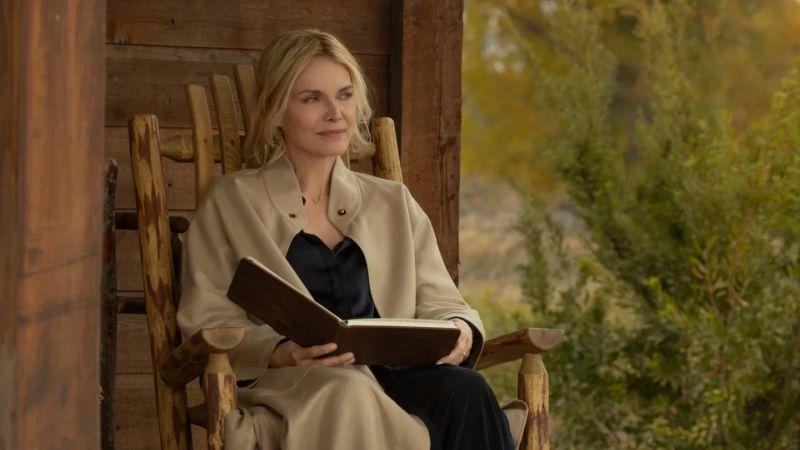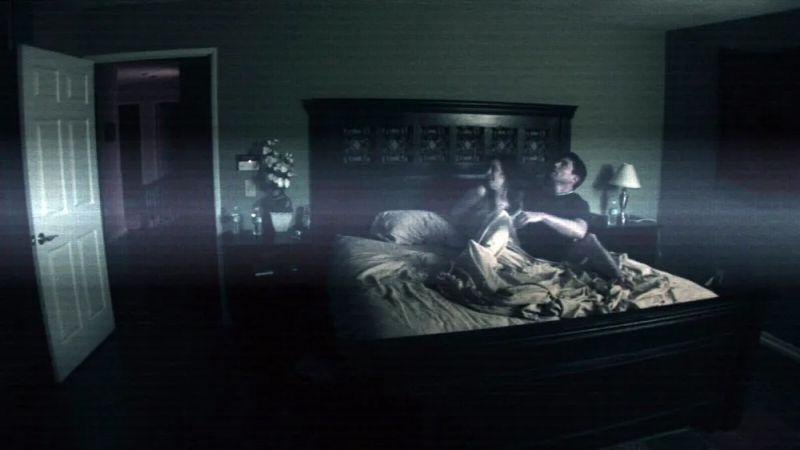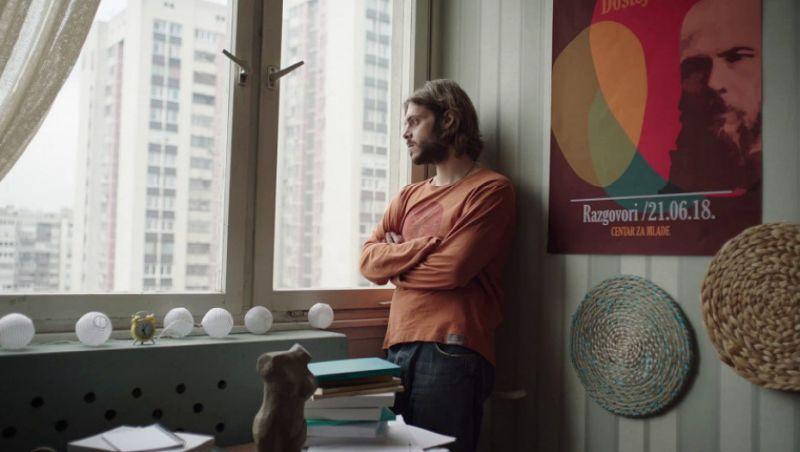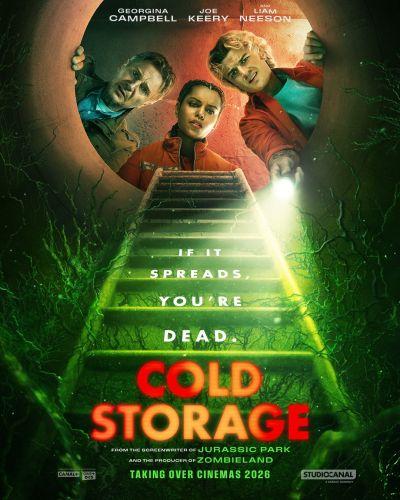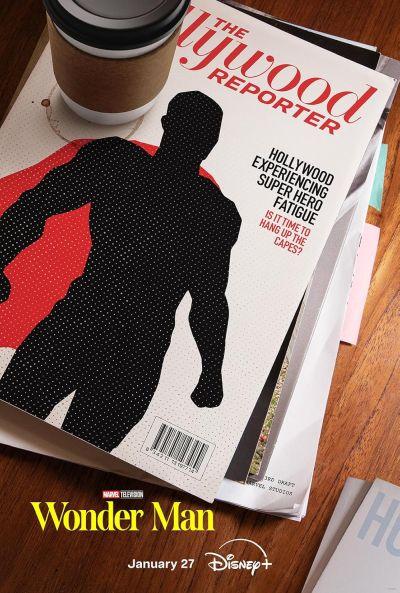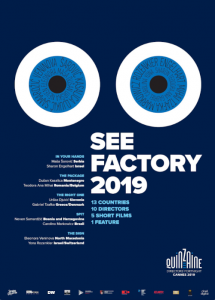 Fillmofil.ba proudly represents the works of young critics done in program Talents Sarajevo of 25th Sarajevo Film Festival
Fillmofil.ba proudly represents the works of young critics done in program Talents Sarajevo of 25th Sarajevo Film Festival
Written by: Milica Joksimović
Family relationships seem to be a common theme in all the shorts in the SEE FACTORY: SARAJEVO MON AMOUR (2019) omnibus, but in THE SIGN they are paired to a darker subject. The omnibus consists of five films, all set in contemporary Sarajevo and intended to tell local stories. In this last one, written and directed by Eleonora Veninova (North Macedonia) and Yona Rozenkier (Israel), the authors inform us early on with a wide shot of two women lost at a Jewish graveyard that the film will deal with death, although it is also clear from the first line (one of the actresses comically declaring that a broken wristwatch is a sign) that this topic will be tackled with humor – another trait very present in the whole omnibus.
The title of the short refers to the fact that the main character, an elderly Jewish woman, is concerned about her granddaughter getting married to a Muslim man. She is seeking a sign from her dead husband, even if she cannot seem to find his grave, that would corroborate her concerns. Throughout the film her superstition and sense of tradition (she scolds her granddaughter for not learning Hebrew) are emphasized by a series of situations she interprets as (usually bad) signs and contrasted with her granddaughter’s openness and modernity.
The signs we are given, though, such as the granddaughter mentioning her grandmother’s habit of forgetting her glasses (old age senility?), coupled with the graveyard setting, more or less obviously point to the older character’s nearing death. However, since we are introduced to the fact that the grandmother does not have many living family members left (“I buried them all,” she says), a theme that can be seen as central here is her more immediate fear of abandonment, especially emphasized by a scene in which she fears the granddaughter has left her alone at the cemetery. Here we see two elements very common in the Balkan culture - she is a (grand)mother who sacrificed herself for her family so much that she cannot imagine her help not being necessary and at the same time is unwilling to let her granddaughter start her own family, as if then the older woman would somehow have to be excluded.
The grandmother’s superstitious fixation could be seen in part as her trying to preserve the family tradition which she probably feels will be lost if her granddaughter marries a Muslim man. At the same time it allows for a somewhat lighter comical approach while exploring deeper subjects. Although the actress Jelisaveta ‘Seka’ Sablić (herself a woman of Jewish origin and a famous actress who specializes in comedy) may seem as an obvious choice for the role of the grandmother, she sometimes has a mannerist approach, thus heightening the comedic effect just a little over the top for those familiar with her previous work. Nevertheless, Veninova and Rozenkier’s direction allows for a convincing dynamic between the veteran actress and her younger colleague Andrea Aković – their portrayal of a grandmother-granddaughter relationship feels very realistic and natural.
Besides the fear of abandonment, the grandmother is driven by her wish to continue the Jewish family line, possibly referencing the fact that at the moment there are supposedly only around 1000 Jews living in Bosnia and Herzegovina. Apart from this, not much else makes the story very closely related to Sarajevo, it feels rather universal. Nevertheless, the common themes THE SIGN shares with other chapters in SEE FACTORY: SARAJEVO MON AMOUR as well as its distinct cinematography make it feel like a part of the omnibus as much as the films that precede it.


